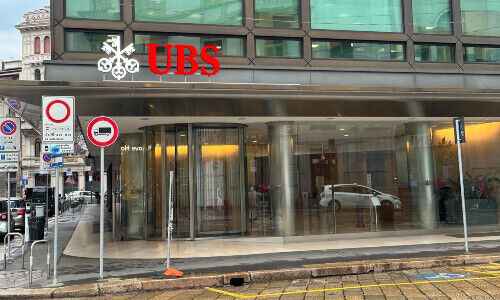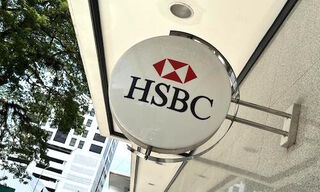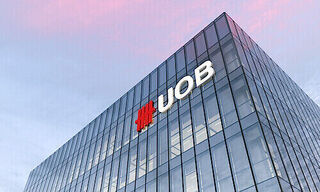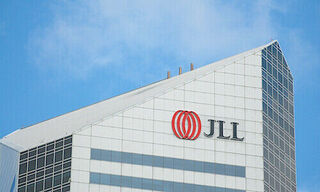Switzerland's largest bank reported first-quarter net profit coming at almost $1.8 billion, well above market and analyst expectations. It also recorded significant net new fee-generating assets and deposits in its core wealth management business.
The start of the year marks the first quarter in which UBS managed to eke out a milestone profit after acquiring Credit Suisse, once the country's second-largest bank, in a government-prompted rescue action a little more than a year ago.
The result has come in far above expectations, so much so that it may have given itself a stronger hand in the domestic political discussions underway related to more stringent capital requirements, something finews.com previously reported on.
Operationally Buoyant
The group reported net profit attributable to shareholders of $1.76 billion, up from a little more than 1 billion a year ago. On a pre-tax basis, net profit was $2.4 billion, a marked improvement from the pretax loss of $751 million in the fourth quarter.
Operationally, the group did extremely well, something that it had indicated in advance of today's announcement. All of its business divisions contributed to the $12.7 billion in overall revenues it generated, including the investment bank, which managed a pre-tax profit of $505 million.
Wealth Management Lift
Its core wealth management business had a buoyant quarter, breaching the $1 billion quarterly pre-tax profit threshold while its non-core and legacy holdings area recorded a pre-tax loss of $46 million.
Net new assets totaled $27 billion, with the wealth management business bringing in $18 billion in net new fee-generating assets and $8 billion in net new deposits in the quarter. The numbers are clearly a sign of how the bank has managed to bring back Credit Suisse clients to the group, with overall invested assets totaling $5.9 trillion, up from $5.7 trillion.
Cost Control
The development of expenses, something the market and analysts are paying close attention to, also appears to remain in control, with UBS managing to squeeze out another $1 billion in costs (gross). Together with the cuts in the previous quarter, that makes up almost 40 percent of $13 billion in cuts expected by 2026.
By the end of this year, the bank expects to be able to make another $1.5 billion in savings. Accordingly, the number of employees fell to 111,459 at the end of the first quarter from 112,842 at the end of December. Various observers have indicated that they expect the fully integrated UBS-Credit Suisse to have about 85,000 staff.
Parent Unit Merger
UBS also confirmed that it expects to be able to merge its parent unit with that of Credit Suisse by the end of this month. In the US, it intends to start operating as a single interim holding company in the second quarter while the Swiss units of both banks are expected to be integrated in the third quarter, as previously announced.
On May 6, UBS repaid $9 billion in emergency liquidity assistance (ELA) to the Swiss National Bank, with the remaining $9 billion expected to be repaid in the next few months, the announcement indicated.
Outlook
«This quarter marks the return to reported net profits and further capital accretion - a testament to the strength of our business and client franchises and our ability to deliver significant progress on our integration plans while actively optimizing our financial resources,» UBS CEO Sergio Ermotti indicated in the announcement.


























